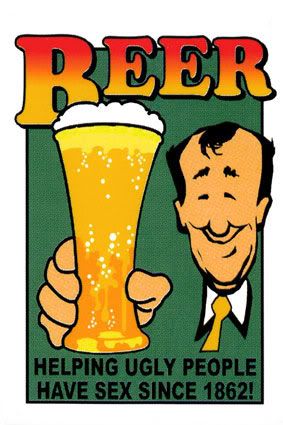Gates Graduates To Act Two
CAMBRIDGE, Mass. -
“I’ve been waiting more than 30 years to say this,” Bill Gates quipped, “Dad, I always told you I’d come back and get my degree.”
Some 30 years after he would have graduated from Harvard University -- if he hadn’t dropped out to start Microsoft (nasdaq: MSFT - news - people ), the world’s largest software company -- Gates returned here Thursday to address a sea of graduating seniors, alumni and visitors, packed tightly in rows of folding chairs in a tree-shaded Harvard Yard.
Gates started the day by receiving his long-delayed Harvard diploma -- an honorary law doctorate. “I want to thank Harvard for this timely honor,” he joked at the beginning of his speech Thursday afternoon. “I’ll be changing my job next year ... and it will be nice to finally have a college degree on my resume.”
Indeed, Gates’ visit to Cambridge came at a significant crossroads in his life. By this time next year, his day-to-day work at Microsoft -- the company he built from scratch that’s worth almost $300 billion today -- should be finished.
His next project: using his status as the world’s richest man to make as big a dent as possible in poverty, hunger and sickness. Just this week, the Bill and Melinda Gates Foundation gave $105 million to the University of Washington to study public health programs. Billions more await their projects.
Speaking to graduates Thursday, Gates was relaxed, but not coy. He knows what he’s worth, and he implored his audience to recognize -- and use -- their privilege. “Be activists. Take on the big inequities,” he said, with a small twist of irony, seeing as how it took an antitrust court to curb Microsoft’s monopolistic business practices. “It will be one of the great experiences of your lives.”
Technology, of course, is always on Gates’ mind, and it was a recurring point in his speech. Love them or not, Gates and colleagues -- like Steve Ballmer, another Harvard guy who sat four rows behind Gates on stage -- are partly responsible for the proliferation of the personal computer and the Internet. One challenge Gates gave the grads: using these technologies to be better informed, to take special interest in an issue or inequity, to communicate with other people with the same interests, and to effect change.
Gates -- the speaker, at least -- seems to have softened a little as he’s started to trade debugging software code for debugging tropical diseases. He spoke gently and humanly, though sometimes straying to lists and verbal bullet points. Gates’ “four-step cycle” for cutting through an issue’s complexity, ironically, could use a bit of elegance. And a PowerPoint slide.
If anything, he was better dressed than expected: wearing a dark gray suit with a pink shirt and tie, he looked as Ivy League as anyone in attendance.
And for a man portrayed as a bit of a stiff, Gates’ comedic timing and delivery was impressive. He may never have the stage presence and wit of his rival-turned-buddy Steve Jobs, who gave an instantly famous commencement speech at Stanford two years ago -- “Stay hungry. Stay foolish.” But he’s trying.
Gates’ audience chuckled as he recalled living in a Radcliffe Quad dorm. “There were more women up there, and most of the guys were science-math types,” he says. “That combination offered me the best odds, if you know what I mean.” Always the mathematician.
“This is where I learned the sad lesson that improving your odds doesn’t guarantee success.”
Friday, June 8, 2007
Subscribe to:
Post Comments (Atom)















No comments:
Post a Comment